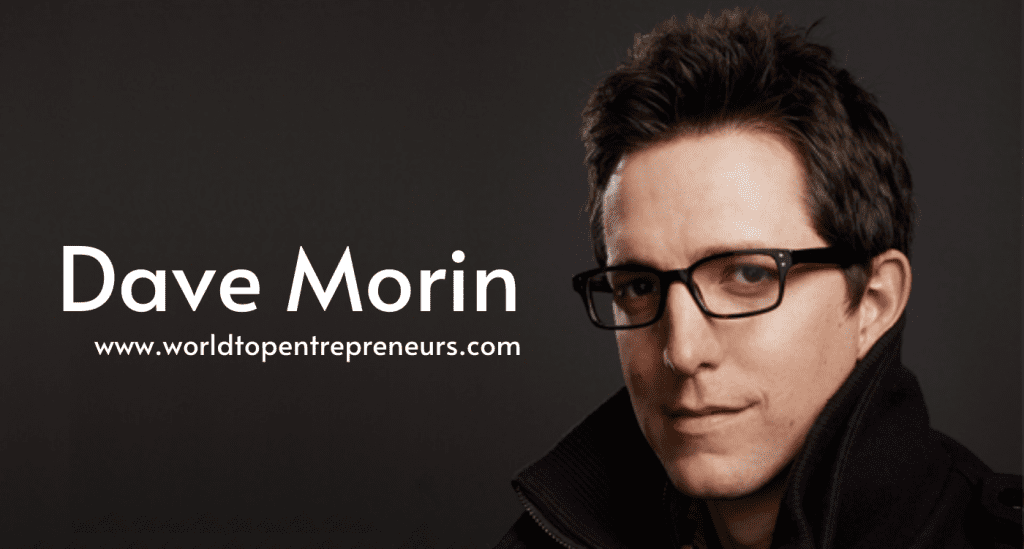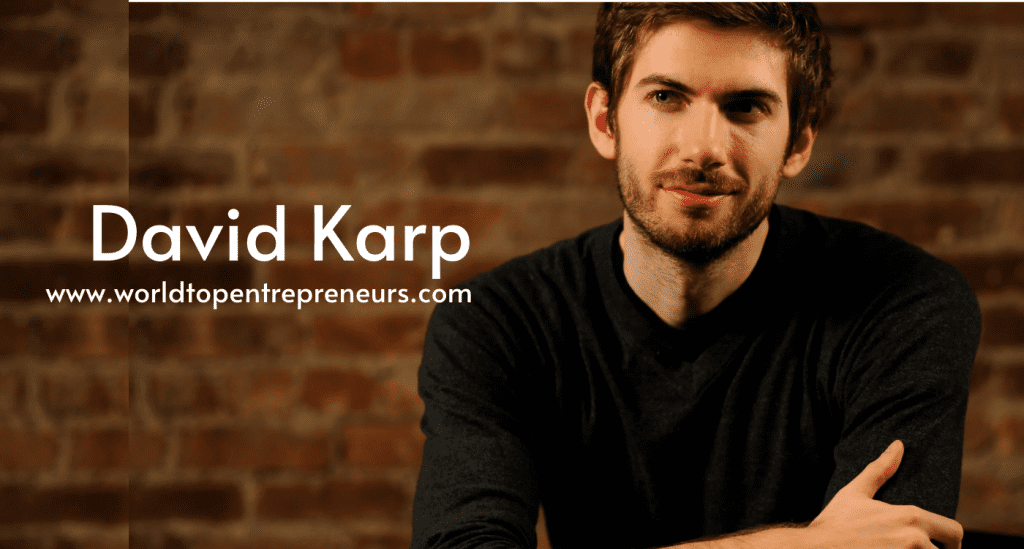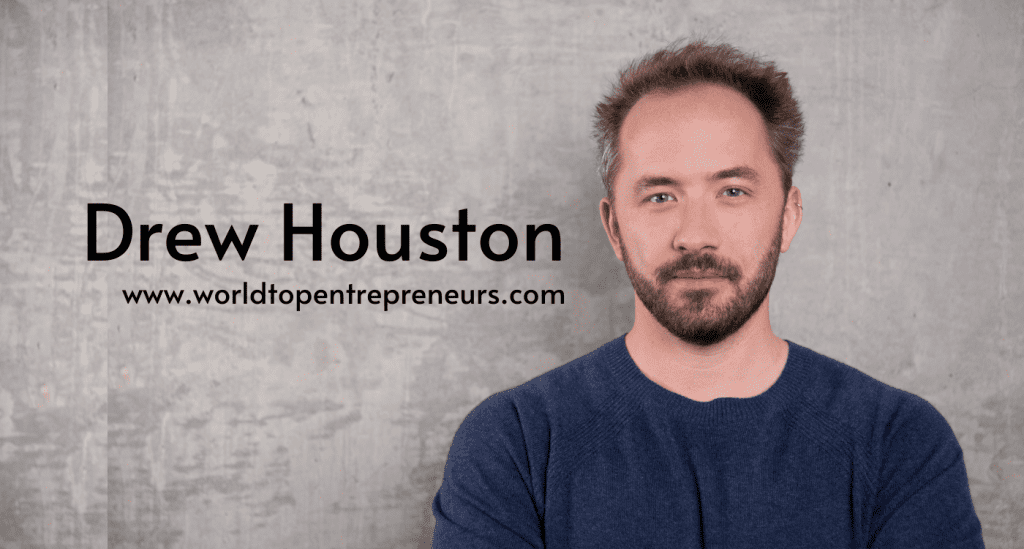When we think about the pioneers of the digital communication revolution, Niklas Zennström” is a name that stands out. As the co-founder of Skype, he helped reshape the way the world connects, allowing people to communicate across vast distances at little or no cost. But Zennström’s story goes far beyond just Skype; he’s a serial entrepreneur and an influential investor whose work has had a lasting impact on the tech landscape.
Early Life and Education :
Born in 1970 in Järfälla, Sweden, Niklas Zennström showed early interest in technology and innovation. He studied business and engineering physics at Uppsala University in Sweden and also spent a year at the “University of Michigan”. His strong academic background in both business and technology gave him the foundation to later succeed as a tech entrepreneur.
Before starting his journey as a disruptor in the communication industry, Zennström worked in several tech-related roles, including a stint at Tele2, a Swedish telecommunications company. These early experiences helped shape his understanding of the industry and provided the insight he needed to eventually launch his own ventures.
The Birth of Skype :
Zennström’s first major entrepreneurial breakthrough came in 2001, when he co-founded
Kazaa , a peer-to-peer file-sharing service, with Danish entrepreneur Janus Friis. Although Kazaa became incredibly popular for sharing music and videos, it was embroiled in legal battles with the music industry due to copyright infringement concerns. Despite the controversy, Zennström and Friis saw potential in the underlying peer-to-peer (P2P) technology, and they pivoted to something entirely new: voice communication.
In 2003, Zennström and Friis co-founded Skype, a groundbreaking service that used P2P technology to enable voice calls over the internet, effectively bypassing traditional phone networks. Skype’s mission was simple: to make global communication free or extremely affordable. The service allowed users to make free voice and video calls to other Skype users or pay a minimal fee to call landlines or mobile phones.
Skype’s launch was perfectly timed, coming at a moment when high-speed internet was becoming more widely available, making it easier for people to use such a service. Within a few years, Skype had millions of users and was quickly becoming the go-to platform for international communication.
The eBay Acquisition and Beyond :
Skype’s success attracted the attention of major tech companies, and in 2005, just two years after its launch, eBay acquired Skype for an astounding $2.6 billion. This was a monumental deal at the time and cemented Zennström’s reputation as one of the most successful tech entrepreneurs in Europe. However, the eBay acquisition didn’t go as smoothly as planned, and after a few years of struggling to integrate Skype into its business model, eBay sold a significant portion of the company to private investors in 2009. Later, in 2011, Microsoft acquired Skype for $8.5 billion.
While Zennström and Friis had already moved on by the time of the Microsoft acquisition, they remained instrumental in Skype’s rise to prominence. Skype’s legacy still endures today, as it became a cornerstone of global communication, even influencing the development of later communication tools like WhatsApp, Zoom, and Microsoft Teams.
A Serial Entrepreneur :
Niklas Zennström didn’t stop with Skype. After leaving eBay, he continued to co-found and invest in a variety of tech startups, building on his expertise in internet technologies. One of his notable ventures was Joost, a video-streaming platform designed to capitalize on the growing demand for online video content. Although Joost ultimately didn’t achieve the same level of success as Skype, it was an early indication of the potential of video streaming, which paved the way for services like Netflix and YouTube to thrive.
Another venture, Radio, a music streaming service also co-founded by Zennström and Friis, aimed to challenge established platforms like Spotify. Though Rdio didn’t survive the competition, it’s yet another example of Zennström’s knack for identifying emerging trends and pioneering new technologies.
Atomico: Empowering Global Startups
After his success with Skype, Zennström turned his attention to venture capital. In 2006, he founded Atomico, a venture capital firm based in London, with the goal of helping European and global tech startups scale and succeed. Atomico quickly gained a reputation as one of Europe’s most influential VC firms, investing in early-stage companies across sectors like fintech, AI, health tech, and more.
Zennström’s vision for Atomico was to empower entrepreneurs from all corners of the world, especially outside Silicon Valley, and provide them with the capital and support they needed to grow globally. Atomico has backed several unicorn companies, such as Supercell (the maker of popular mobile games like Clash of Clans) and Klarna, a leader in the fintech space.
Through Atomico, Zennström has played a pivotal role in elevating the European tech ecosystem, providing a counterbalance to the traditionally Silicon Valley-dominated venture capital landscape. Atomico also stands out for its emphasis on sustainability and diversity, reflecting Zennström’s forward-thinking approach to business and society.
A Champion of Sustainability :
Beyond tech, Niklas Zennström has become a passionate advocate for climate change and environmental issues. He co-founded the Zennström Philanthropies, an organization dedicated to addressing climate change, human rights, and social issues. Through this initiative, Zennström has supported a range of environmental causes, including efforts to protect the oceans and reduce carbon emissions.
Zennström’s dedication to sustainability is also reflected in Atomico’s investment strategy, which increasingly focuses on companies working to combat climate change through technological innovation. In recent years, Atomico has backed startups developing solutions in renewable energy, electric transportation, and sustainable agriculture, positioning Zennström at the intersection of tech and environmentalism.
Leadership Style and Legacy :
Niklas Zennström’s leadership style is characterized by vision, humility, and a global perspective. He has always believed in empowering others, whether through his business ventures or his philanthropic efforts. His ability to anticipate trends, pivot when necessary, and take calculated risks has set him apart as a true serial entrepreneur and a visionary.
Zennström’s impact on the tech industry goes far beyond just Skype. He’s helped shape the future of communication, pioneered the peer-to-peer movement, and through Atomico, is now helping the next generation of entrepreneurs create businesses that will define the future.
Conclusion :
Niklas Zennström’s story is one of persistence, innovation, and forward-thinking leadership. From transforming global communication with Skype to supporting a new generation of startups with Atomico, his influence on the tech world is profound. Moreover, his commitment to sustainability and philanthropy demonstrates that Zennström isn’t just interested in making a profit—he wants to make a difference. His legacy as a tech entrepreneur and venture capitalist will continue to inspire future generations of innovators and leaders for years to come.





















